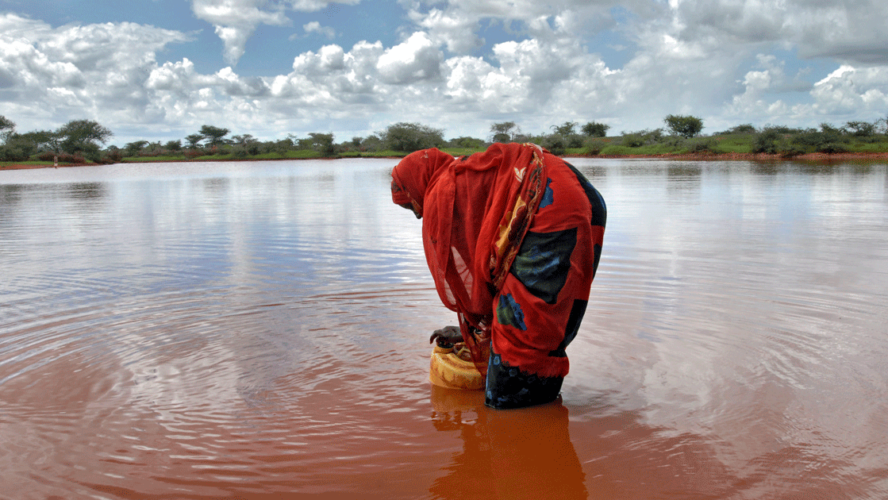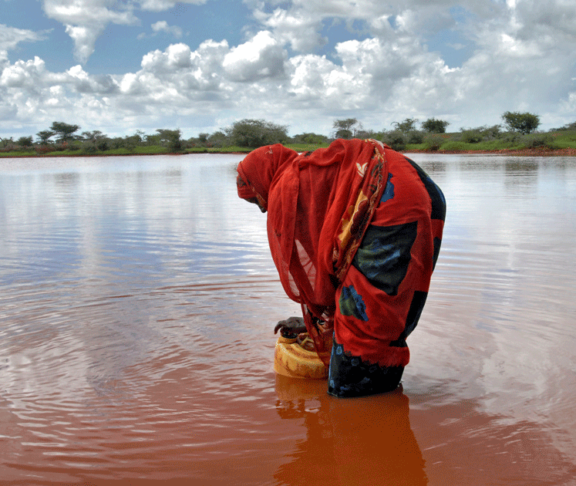
Alejandro Jiménez
Director, Water and Sanitation, Stockholm International Water Institute (SIWI)

Robin Ward
Programme Manager, Water and Sanitation, Stockholm International Water Institute (SIWI)
A lack of water and sanitation at home exacerbates the impact of any climate event. It is therefore unfortunate that the climate crisis debate tends to forget the importance of adequate water and sanitation services.
Water security has been defined by UN Water as “The capacity of a population to safeguard sustainable access to adequate quantities of acceptable quality water for sustaining livelihoods, human wellbeing and socio-economic development, for ensuring protection against water-borne pollution and water-related disasters and for preserving ecosystems in a climate of peace and political stability” (UN Water 2013).
This definition acknowledges the need for water for basic consumption. Yet the world’s least developed countries often lack access to essential funding for water, sanitation and hygiene (WASH) projects. This includes lack of access to basic WASH related climate finance, partly because of challenges in demonstrating how these projects build additional resilience to the climate crisis.
Increasing interest in WASH
This is in contradiction with existing knowledge. The IPCC Fifth Assessment Report (AR5, 2014) suggests that one of the most effective actions to reduce vulnerability to the impacts of the climate crisis in the short-term is the implementation of “basic public health measures such as provision of clean water and sanitation.”
At the UN Climate Change Conference COP26 in November 2021, a focus on water, including drinking water and sanitation services, was more apparent than ever before. For the first time, there was a dedicated Water Pavilion, attracting a lot of attention to this issue. The Water Pavilion will also be present at this year’s COP27 in Sharm el-Sheikh in Egypt.
Developed countries must honour their commitments to climate adaptation financing and look to increase climate finance for basic WASH.
Building water resilience
This attention has contributed to raising awareness about the importance of two distinct areas; the resilient management of water resources on one hand and how water and sanitation services contribute to building resilience to the climate crisis, but there is still a long way to go.
Developed countries must honour their commitments to climate adaptation financing and look to increase climate finance for basic WASH. They must make sure adaptation finance reaches the most vulnerable countries and the most vulnerable people within those countries, who are often those who lack access to basic WASH services.
We must also raise our ambitions towards elevating the importance of water security, inclusive of household water security, in the Nationally Determined Contributions (NDCs) to the Paris Agreement and the National Adaptation Plans (NAPs).

